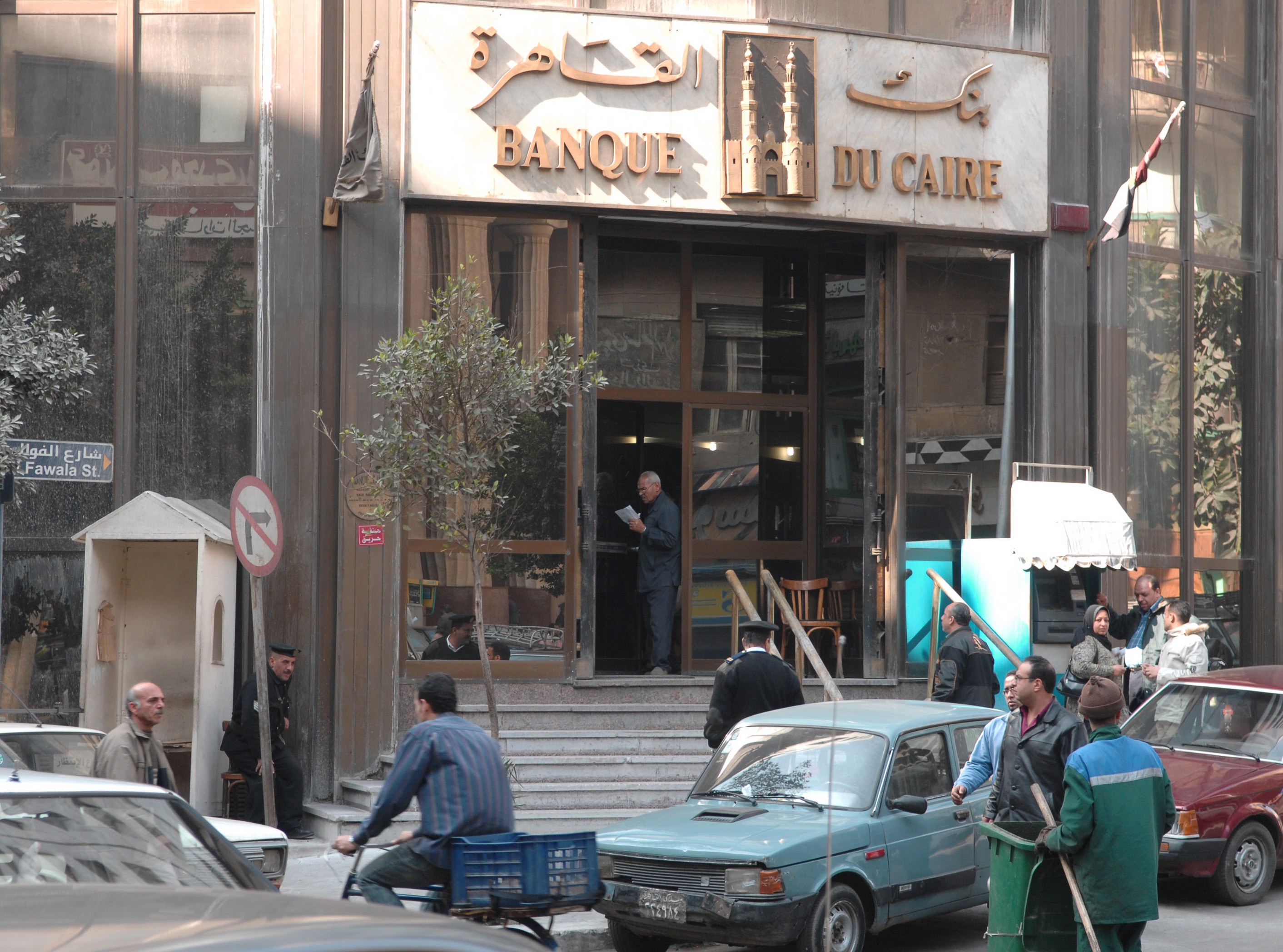The Egyptian economy is facing challenges impacting the Pepsi Company and consumers, with investment the only solution to overcoming economic challenges, according to Ahmed El-Sheikh, Pepsi Regional Manager in MENA.
El-Sheikh added that investment is the main gateway to employment, and there is a need to face the economic slowdown.
In a press conference Sunday, in the presence of Investment Minister Ashraf Salman, El-Sheikh said 2015 is the year of change on all levels: economic, political, security, and the global power map.
He added that the plan for economic reform has to contain revolutionary energy subsidy reform, and comprehensive tax system reform. El-Sheikh also clarified that the current Central Bank of Egypt (CBE) trend allowing the Egyptian pound to retreat against the US dollar is good and will send positive messages to the global financial and business communities.
Salman said the economic reform programme is based on legislative reform, developmental projects and structural budget reform, adding that the public debt is a result of bad economic policies over the last ten years. He added that economic reforms are being sought by reducing the budget deficit, especially through a restructuring of the energy subsidy and ultimately removing it soon.
The removal of fuel subsidies will be completed over four years, Salman added, the period in which the economic reform programme in Egypt will also take place, starting in June 2014. Salman added that the government seeks to fix taxation policies during the next ten years, assuring that the draft law of added-value tax will be put for dialogue soon.
The government is fighting to boost the economy through major developmental projects, for example, the National Road Project and the 1m acres reclamation project, in addition to the Suez Canal axis project. Salman confirmed that the economy is built through the private sector, and that the government will not be the one leading growth.
The government, Salman noted, still needs to spend EGP 30bn on domestic investment and $10bn on foreign investment to be able to achieve only 4% growth.
He stated that the government is only boosting the economy, while the burden of investments will be placed on the private sector. The government, he said, aims to lower the budget deficit to 8% over the next 4 years.
The government is also targeting amendments in the legislation within its economic reform, according to Salman.
The Ministry of Investment has finalised the new investment law, which is now being presented to the Transitional Justice Committee, Salman said, adding that he expects the law to be ready by the end of this month. The new law includes mechanisms to boost investments in Upper Egypt, whilst there remain many challenges facing the government regarding the programme’s implementation. However, the minister confirmed that the economic indicators in the first quarter (Q1) of 2015 are promising.
“We plan to decrease unemployment rates to 9% and public debt to less than 84% of the GDP during the next four years,” said the minister. He added that the decline in oil prices is a positive sign for Egypt, especially as it is an importer.
The possibility that Egypt would be negatively affected by these decreases is very thin. Oil is the main resource for the GCC’s aid to Egypt, with the government planning to work with these countries’ private sector to enter Egypt with investments instead of sending aid and grants.
He said that the government is working to settle all investment disputes to reassure investors wishing to inject investments in Egypt in the upcoming years. This will occur through a cabinet committee for settlement of investment contracts, and another Ministry of Investment committee for investment disputes resolution.
Salman said he is optimistic about the Egyptian economy’s future, expecting growth exceeding 7% within the next four years.
The Egyptian market is unique in its revenues and competitiveness, and is able to reach approximately 1.6 billion consumers with its products in neighbouring markets thanks to bilateral trade agreements, Salman said. He added that stimulating economy is not about tax or custom exemptions, but improving the business environment and facilitating procedures are the best boosting mechanisms.



